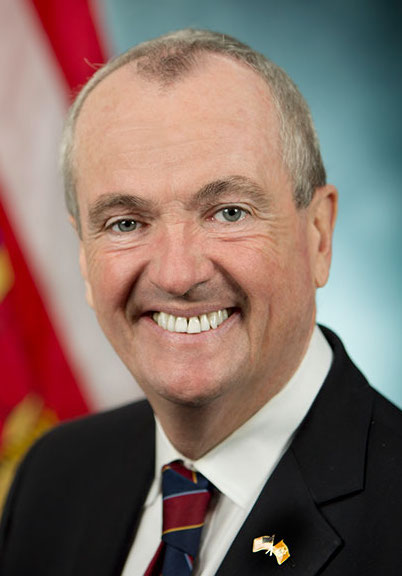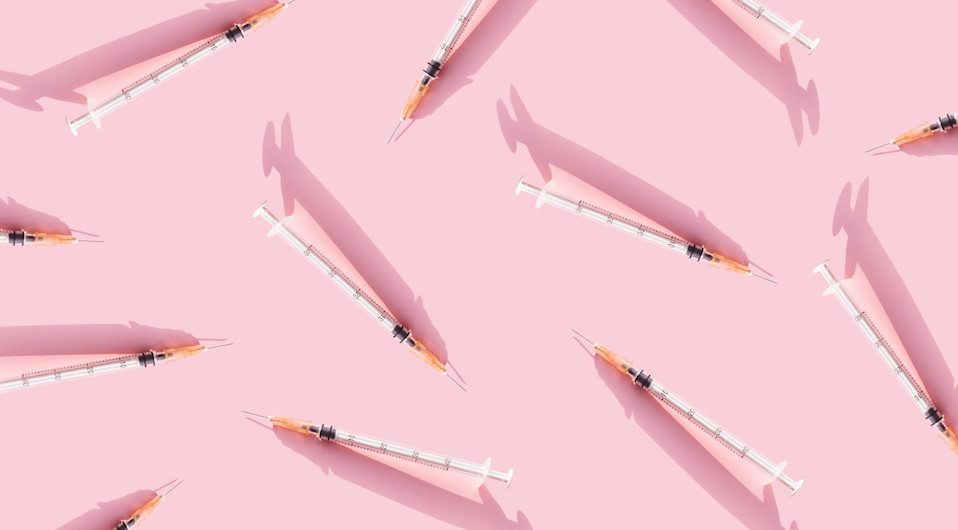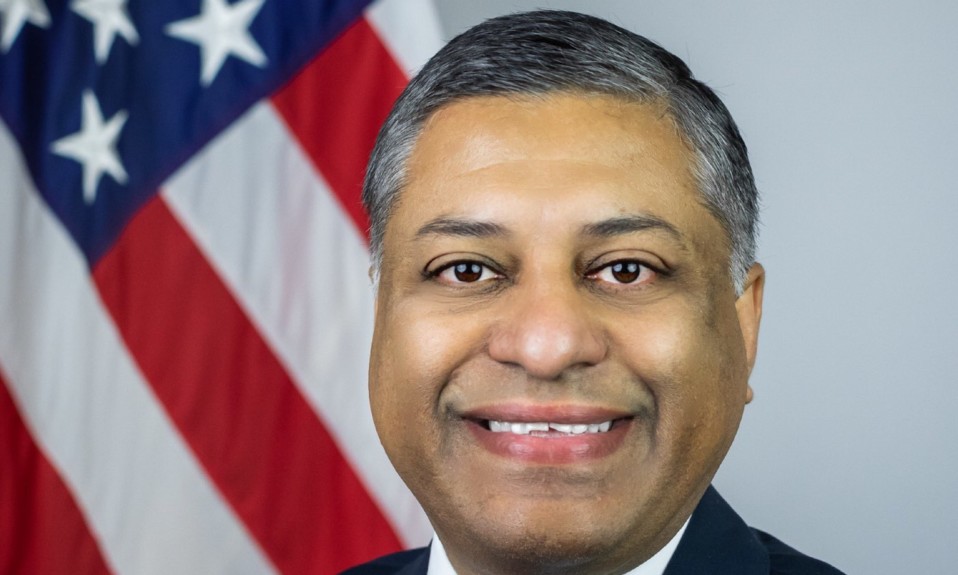The Garden State hasn’t exactly been a beacon for harm reduction practices, but it took a step forward with this legislation
By Jason Langendorf
Separate bills ensuring access to syringe programs and decriminalizing possession of syringes were signed into law in New Jersey last week—an important step forward for harm reduction in a state that had been among the last in the nation to embrace the concept.
On Jan. 18, New Jersey governor Phil Murphy signed the Syringe Access Bill, which removes authority to approve and close syringe access programs (SAPs) from local municipalities, and the Syringe Decrim Bill, which decriminalizes possession of syringes and allows for expungement of previous related convictions.
“This legislation is a game changer for people who use drugs and people at risk of a fatal overdose. Harm reduction is the best tool we have to end the overdose crisis.”
—Jenna Mellor, executive director, New Jersey Harm Reduction Coalition
Because the Syringe Access Bill places authority over state SAPs with the New Jersey Department of Health, local policymakers can no longer deny access to clean syringes and harm reduction services through these facilities for people who inject drugs (PWID) in their communities. That includes preventing the closure of the Atlantic City SAP—known as the Oasis Drop-In Center—which, in a vote last July, lost municipal approval from the city council.
“This legislation is a game-changer for people who use drugs and people at risk of a fatal overdose,” said Jenna Mellor, executive director of the New Jersey Harm Reduction Coalition. “Harm reduction is the best tool we have to end the overdose crisis, and this legislation will save the Oasis Drop-In Center and make sure residents in every corner of New Jersey have access to lifesaving syringe services.”
Syringe Access Means Progress
New Jersey has been slow to leave behind some antiquated notions about addiction and harm reduction. In 2007, the Garden State became the last state in the country to make syringe exchange programs legal. According to The New York Times, New Jersey state senator Ronald Rice claimed that such programs hurt rather than helped minorities and the poor, and once compared them to the infamous Tuskegee Experiment.
When the Atlantic City council voted this past summer to shut down the Oasis Drop-In Center, the decision reportedly wasn’t based on moral grounds. Instead, the council claimed that the city was taking on an undue burden because the facility was drawing PWID from outside Atlantic City since the Oasis was the only SAP in southeast New Jersey.

“We think there should be other people helping us in the fight,” councilman Kaleem Shabazz told The New York Times, adding, “We should not have to take the whole weight by ourselves.”
There is truth in that statement. As Murphy has argued for years, more—not fewer—harm reduction programs and facilities are needed. SAPs are proven to help reduce overdose deaths and connect people to treatment and other social services. The CDC reports that people with access to these facilities are 50% less likely to contract AIDS and hepatitis C.
But New Jersey still lags far behind in access to these services. By comparison, Kentucky, with half New Jersey’s population, has 74 needle exchange programs. If it had as many SAPs per capita as the Bluegrass State, New Jersey would have more than 150 facilities. Instead, it has seven.
“Harm reduction is a cornerstone of our strategy,” Murphy said, “and through this legislation, we are paving the way for long-overdue expansion of syringe access and other critical services to help people with substance use disorders stay healthy, stay alive and thrive.”
Top photo: Shutterstock














